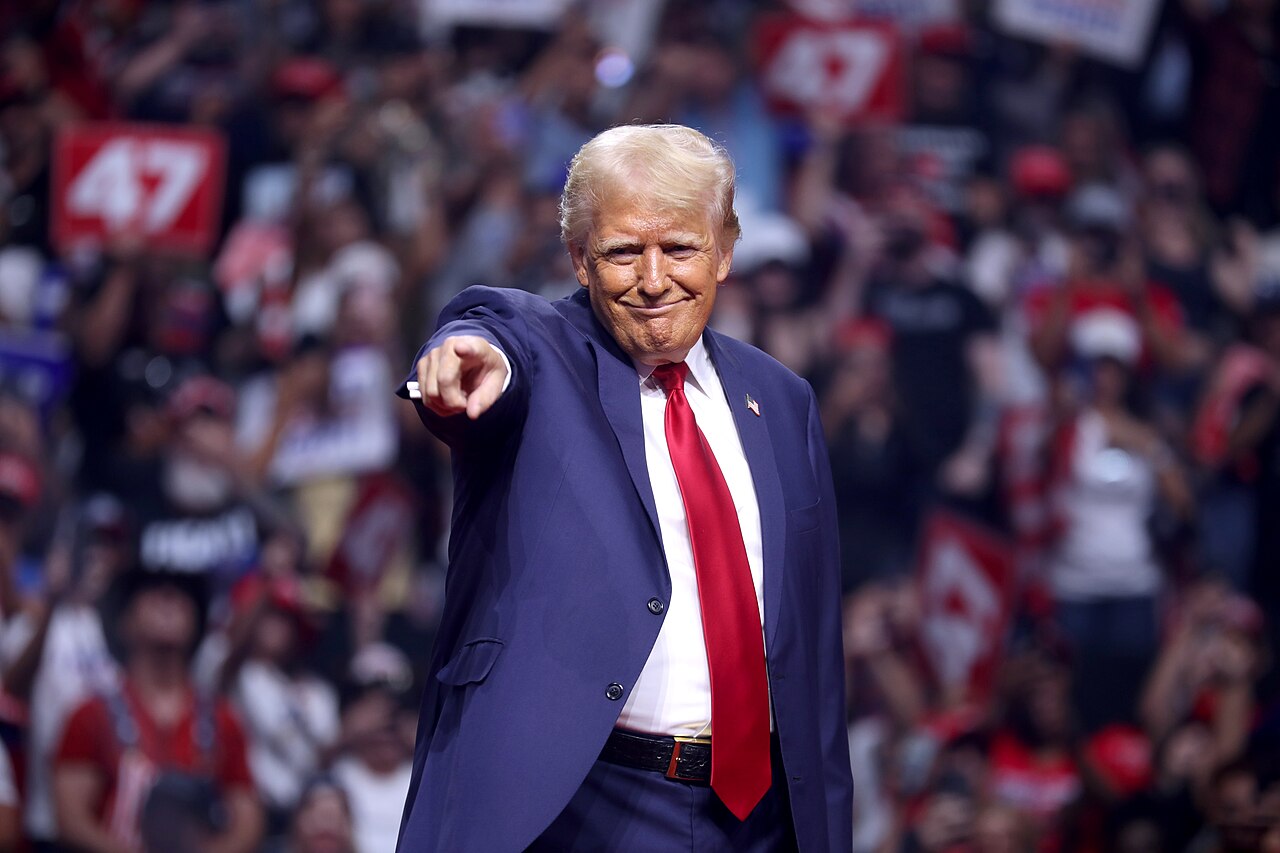International security guarantees for Ukraine must be specific and strong, including the possibility of using nuclear weapons if it is attacked, says Roman Kostenko, Secretary of the Ukrainian Parliament’s Committee on National Security, Defense, and Intelligence, according to Novyny.Live.
On 12 February, Trump announced the start of negotiations with Moscow to end Russia’s war in Ukraine, following calls with Russian ruler Vladimir Putin. The move has triggered a wave of criticism, as experts warned that it could be a ceasefire on Putin’s terms with a lack of security guarantees for Ukraine, especially after US Secretary of Defense Pete Hegseth called Ukraine’s NATO membership aspirations “unrealistic.” This conversation also stirred concerns in Europe, as its representatives were not involved in the negotiations.
Kostenko has emphasized that security commitments should come with clear action plans outlining responses to potential aggression from Russia if Ukraine is attacked again.
“These guarantees must be specific, even up to the use of nuclear weapons,” he stated.
He detailed his vision for such guarantees, suggesting that in the event of Russian aggression, France should immediately deploy all its forces and air defenses to Ukraine’s borders, Germany should send its aircraft to enforce a no-fly zone, and France and the UK should prepare their nuclear arsenals for a potential strike on Russia.
Kostenko added that Ukraine must move forward on formalizing its integration into the European Union and ultimately seek NATO membership to ensure these guarantees become a reality.
Earlier, the US-based Institute for the Study of War reported that Putin remains committed to the war in Ukraine despite growing domestic pressure, showing no indication of him rethinking “his determination to compel Ukraine to surrender.”
ISW: Putin remains committed to war, Kremlin rejects ceasefire without Ukraine’s full capitulation
Putin and Kremlin officials continue to uphold their original war aims in Ukraine, citing “denazification,” “demilitarization,” and blocking Ukraine from joining security alliances, despite Russia’s failure to achieve military victory over the past three years.
Related:
- Trump says he may visit Moscow, not on 9 May but “within weeks”
- Politico: Merz victory signals stronger German support for Ukraine
- Italian defense analyst reveals B1 Centauro tank destroyers heading to Ukraine
- Pentagon disputes Trump’s $ 350 billion Ukraine aid claim
- Estonia sends 10,000 artillery rounds and 750,000 combat rations to Ukrainian forces




